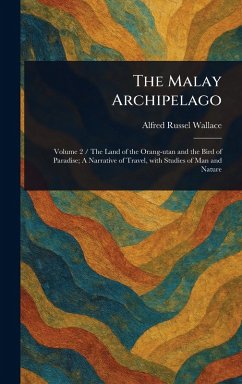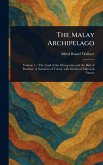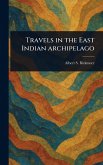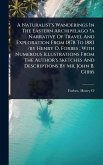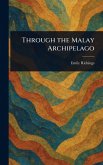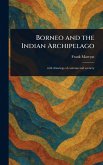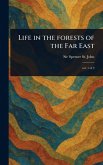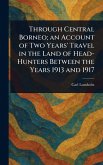Venture into the heart of Southeast Asia with Alfred Russell Wallace's "The Malay Archipelago, Vol. 2 of 2," a captivating account of exploration and natural history. Wallace, a contemporary of Darwin, recounts his remarkable travels through the islands of the Malay Archipelago, offering invaluable insights into the region's diverse landscapes and unique fauna. This volume details his scientific observations and personal experiences, providing a glimpse into the zoology and entomology of the islands. Readers interested in travel, scientific discovery, and the wonders of the natural world will be enthralled by Wallace's vivid descriptions and meticulous research. Journey alongside Wallace as he navigates the islands, documents his findings, and contributes to our understanding of this extraordinary corner of the globe. A classic of travel and natural history literature, this book remains a vital resource for anyone interested in the Malay Archipelago. This work has been selected by scholars as being culturally important, and is part of the knowledge base of civilization as we know it. This work is in the public domain in the United States of America, and possibly other nations. Within the United States, you may freely copy and distribute this work, as no entity (individual or corporate) has a copyright on the body of the work. Scholars believe, and we concur, that this work is important enough to be preserved, reproduced, and made generally available to the public. We appreciate your support of the preservation process, and thank you for being an important part of keeping this knowledge alive and relevant.
Bitte wählen Sie Ihr Anliegen aus.
Rechnungen
Retourenschein anfordern
Bestellstatus
Storno

